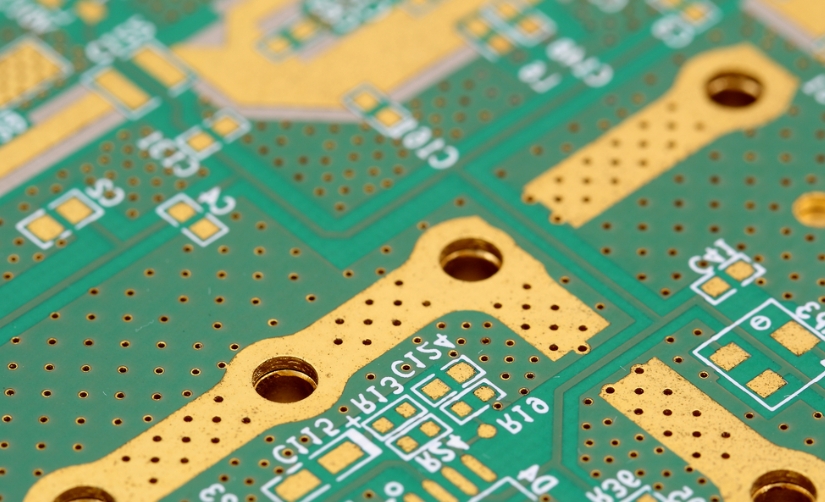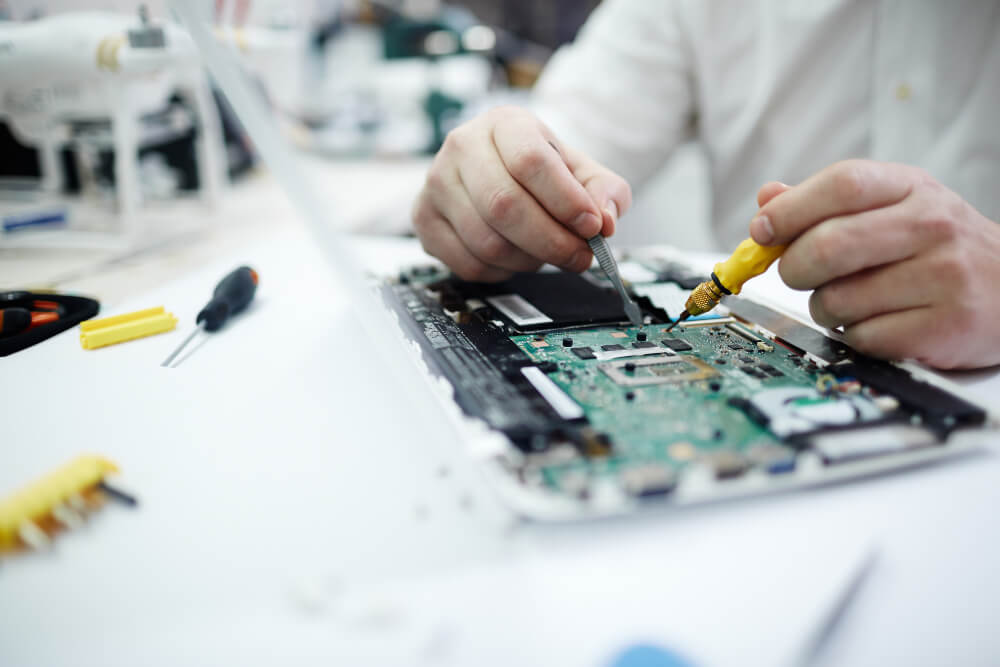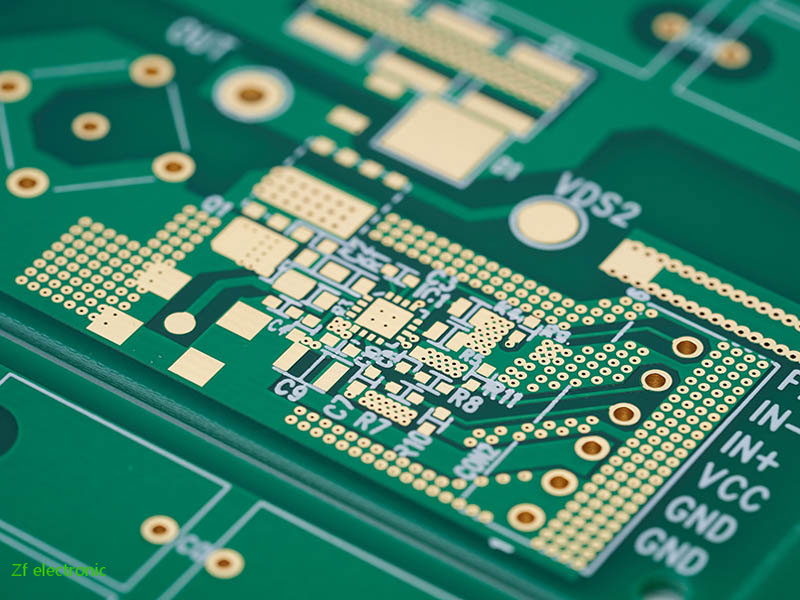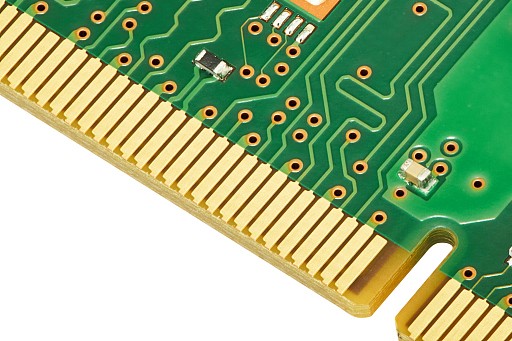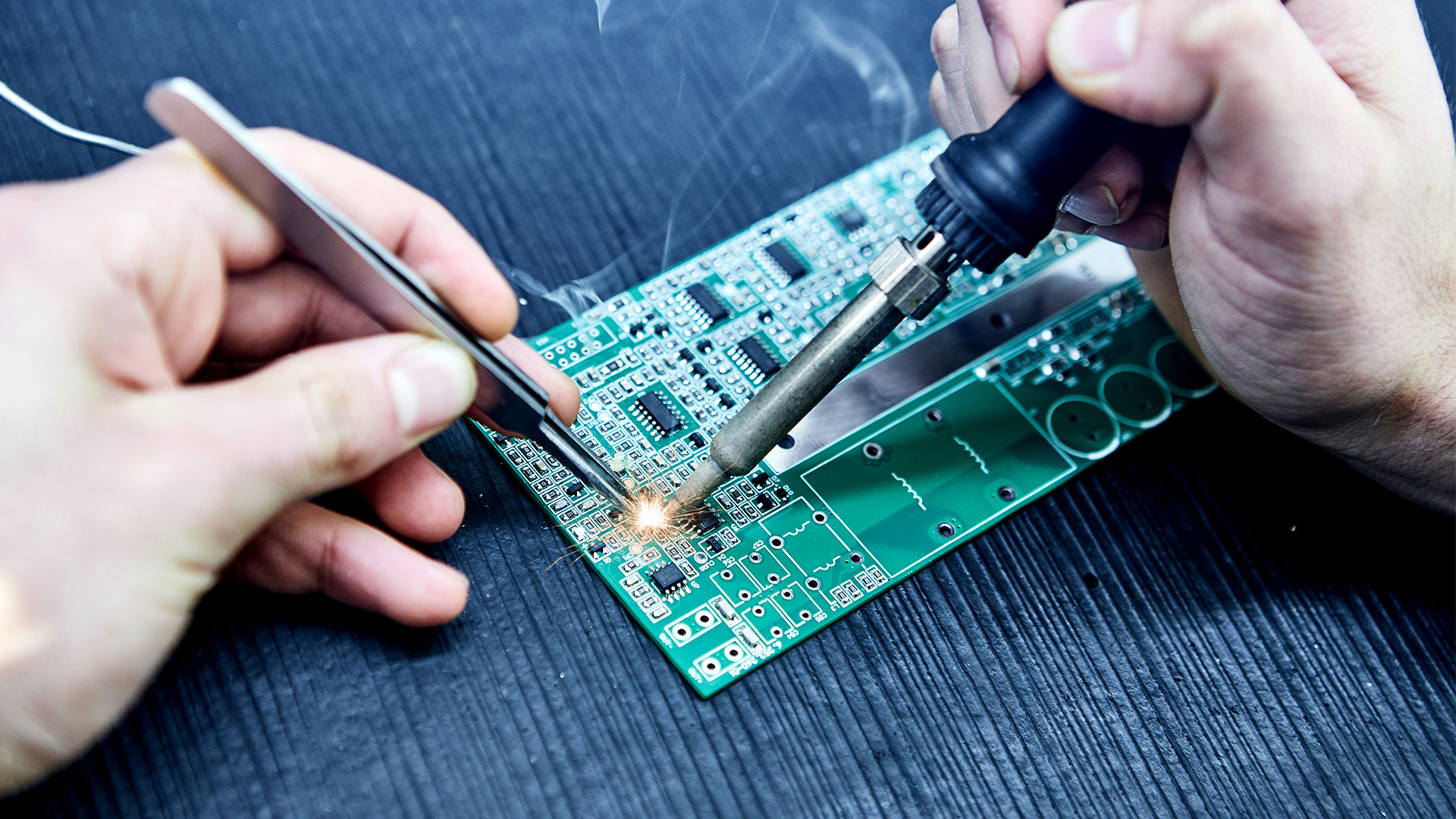Power electronics and electric vehicles (EVs) demand higher efficiency and reliability. Engineers need boards that can handle extreme current loads without failure. This is where Heavy Copper PCB technology becomes essential. Unlike standard PCBs with thin copper layers, heavy copper designs use thicker copper foil to manage higher currents and improve thermal performance. Their growing […]
Data center operators choose SSDs for their speed and reliability. However, the printed circuit board inside each drive — specifically, the SSD PCB — has a significant impact on both performance and reliability. Design choices on the board change thermal behaviour, signal integrity, power delivery, and testing outcomes. I explain why these choices are essential […]
Efficient use of space is one of the biggest challenges in modern electronics. Devices are getting smaller, yet performance demands continue to grow. This is where the Double-Sided PCB plays a key role. By using both sides of the board for routing and components, engineers can achieve compact yet powerful designs. Below are practical design […]
High-frequency boards demand clean, reliable signal paths. Poor contacts or impedance shifts ruin performance. A gold finger PCB addresses these problems at the physical interface. Below, I explain why gold fingers matter, how they affect signal integrity, and what design choices engineers should make. What gold fingers are and why they matter Gold fingers are […]
High-density data centres are growing rapidly as digital transformation drives massive data processing and storage needs. From cloud computing to artificial intelligence, these facilities must support heavy workloads without downtime. To achieve this, the design of their hardware must evolve. At the core of this evolution is the Multi Layer PCB. It enables high performance, […]
Gold Finger PCB connectors are essential components for reliable electronic performance. They provide durable, low-resistance connections between printed circuit boards and devices. However, repeated insertion, environmental exposure, and improper handling can cause wear, corrosion, or contamination. Proper inspection and maintenance prevent failure, extend service life, and maintain signal integrity. Understanding these best practices helps engineers […]
High-voltage power systems demand reliable and durable circuit boards that can consistently deliver stable performance. A Heavy Copper PCB is designed to handle large currents and high voltages without failure, making it a trusted choice in demanding applications. Unlike standard PCBs, these boards feature much thicker copper layers. This unique design improves electrical performance, enhances […]
Producing high-quality double-side PCB boards requires precision and attention to detail. Manufacturers must strike a balance between efficiency and quality to ensure reliable performance. Errors in design, material, or assembly can lead to failures. Understanding best practices in each stage improves consistency. This article highlights key tips for achieving reliable double-sided PCB manufacturing outcomes. Selecting […]
IoT smart appliances demand reliable links. They also require compact electronics and low power. Consequently, board design now defines device performance. High-density interconnect (HDI) PCBs answer many of those needs. They pack traces, vias, and components more tightly. As a result, signal integrity and RF performance improve. Moreover, HDI PCB lets designers place radios and […]
Solid-state drives (SSDs) require high-speed, reliable connections. Modern storage systems depend on stable signal paths and robust thermal performance. A poorly printed circuit board can cause data loss, latency, or failure. A multi-layer PCB architecture addresses these challenges by providing multiple conductive layers, improving signal integrity, and enhancing power distribution. Let’s explore how multi-layer designs […]

